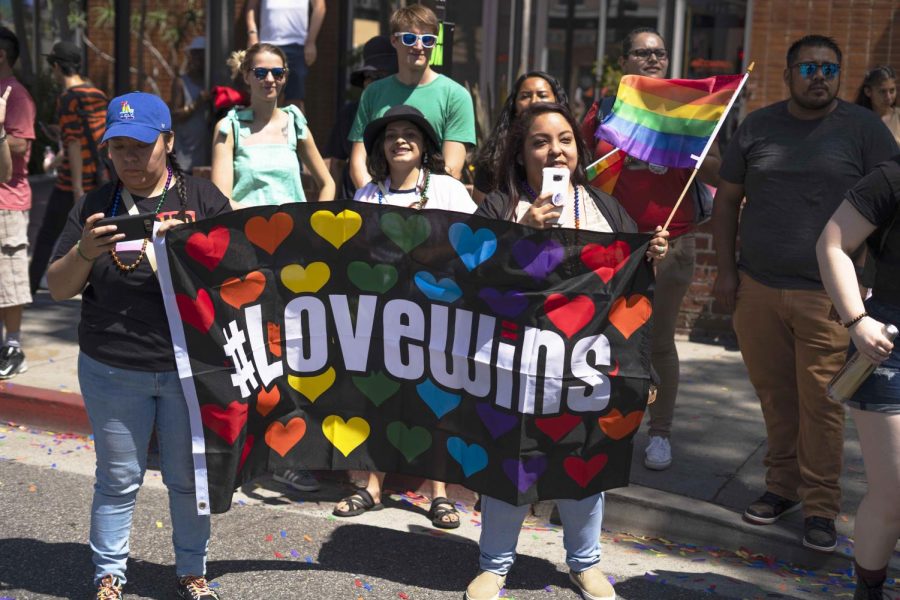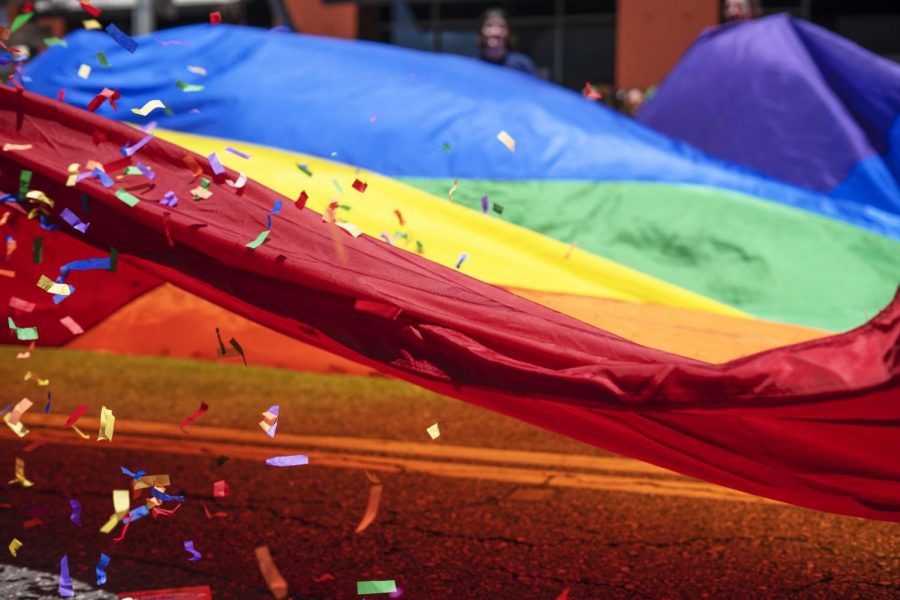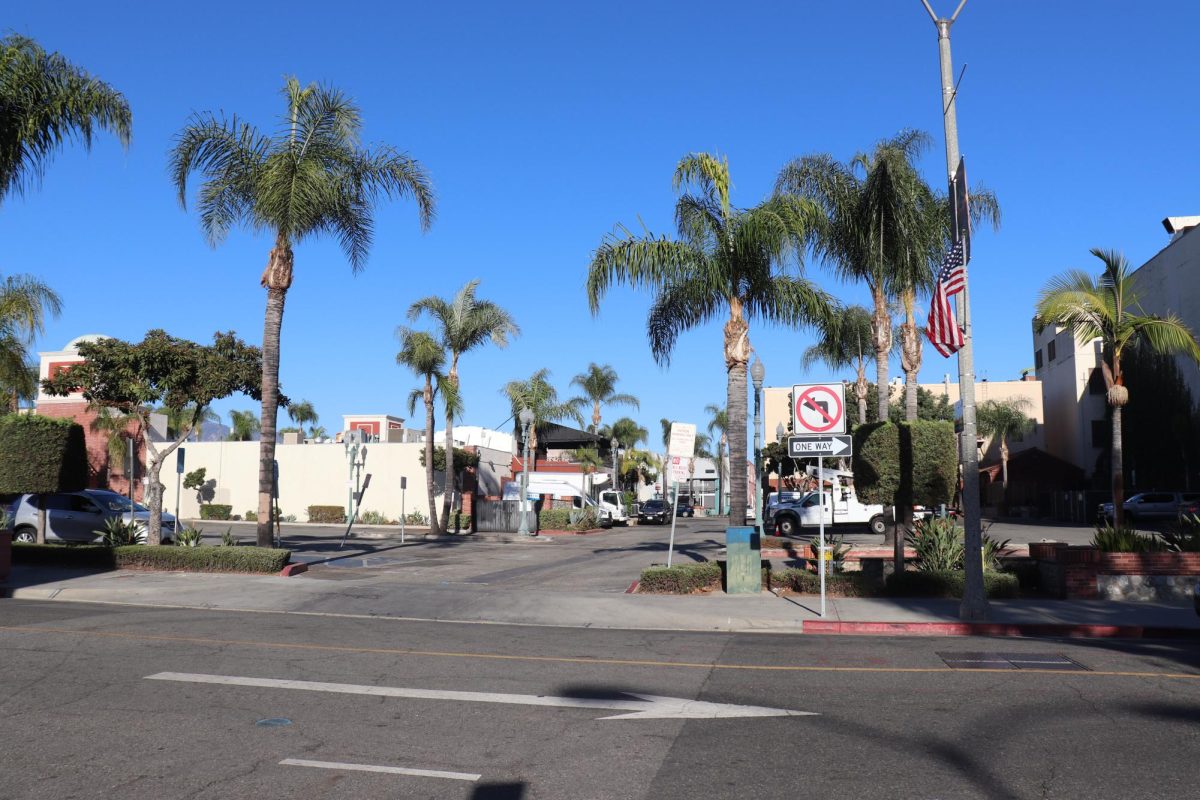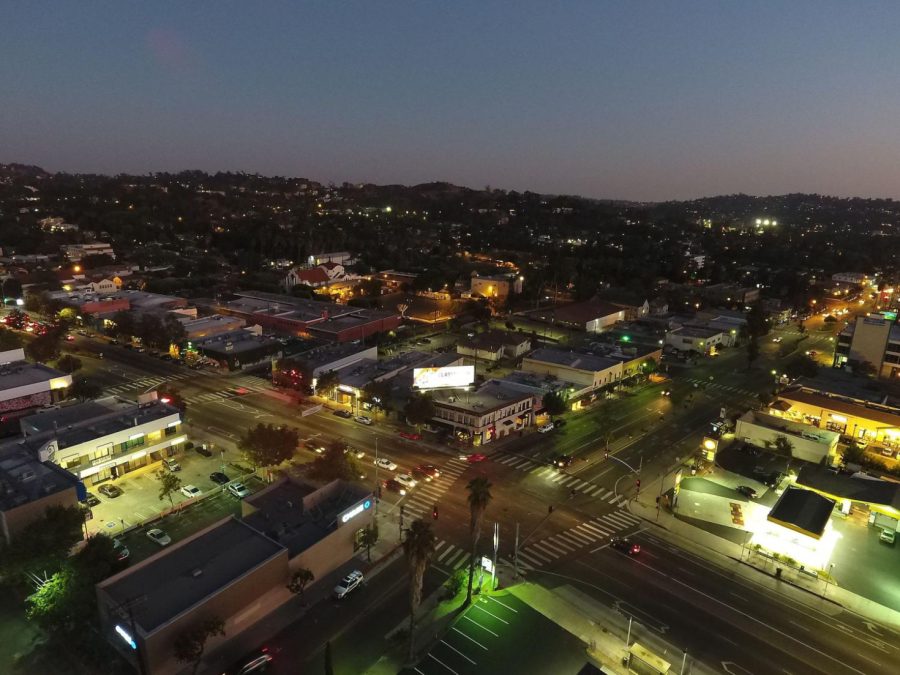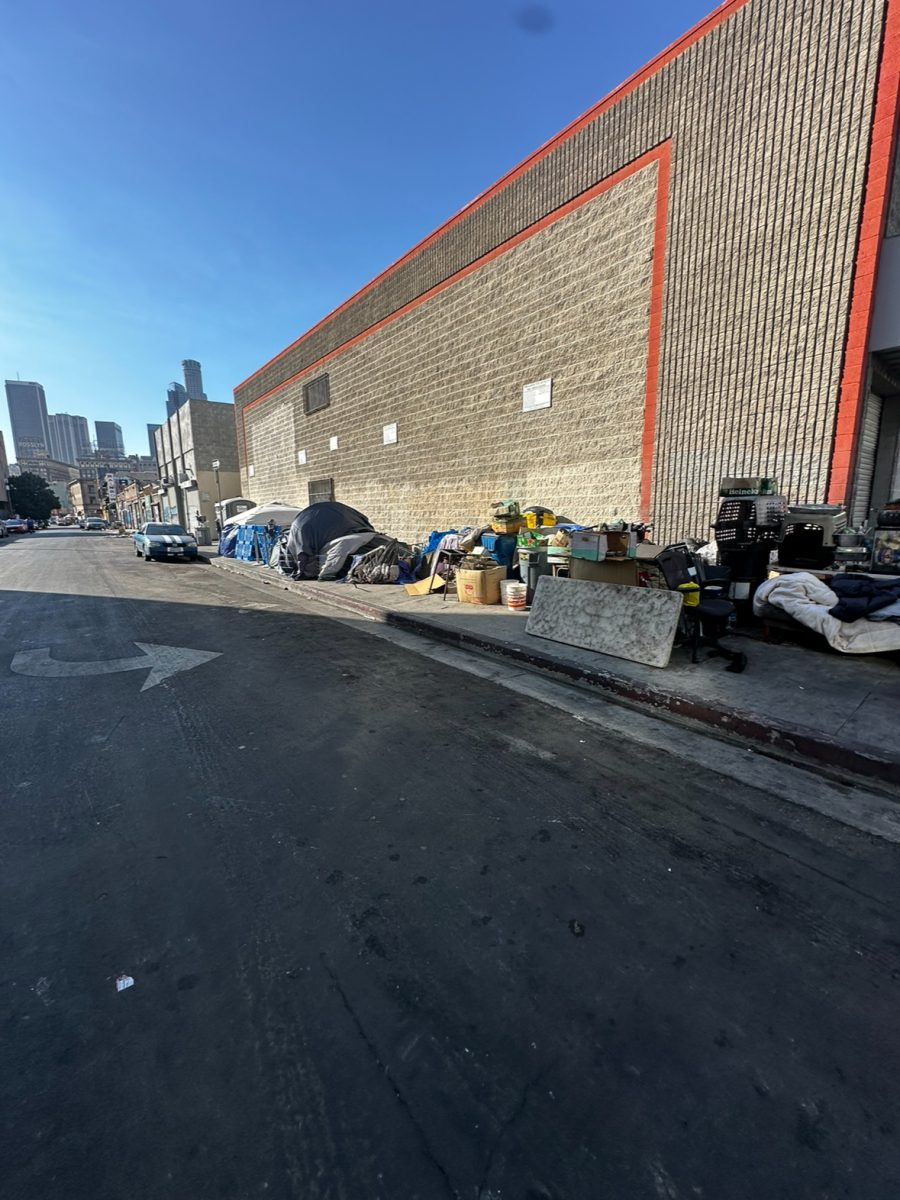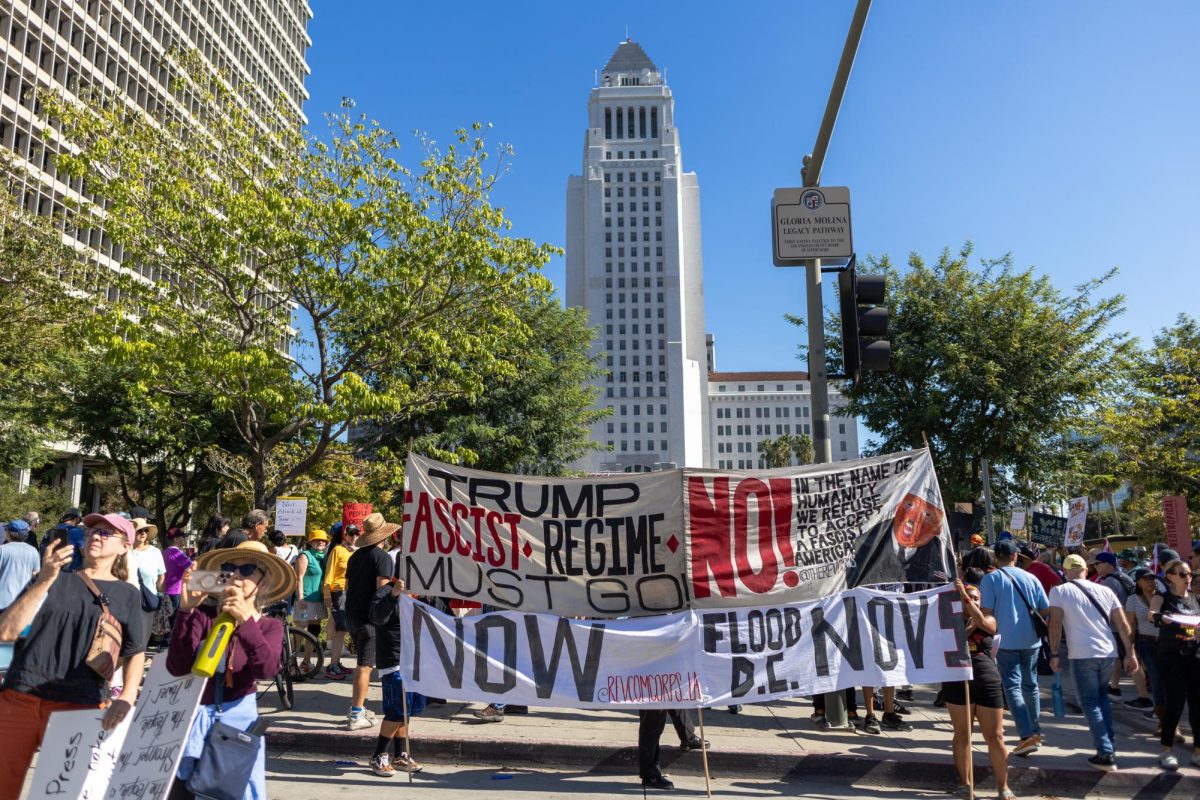Same-sex marriage was legalized in California in 2013 and in the United States in 2015.
But the California Constitution reads, “Only marriage between a man and a woman is valid or recognized in California.”
What gives?
Well, the language is technically considered moot but Proposition 3 aims to fix the language to be safe and enshrine in the state’s constitution that “the right to marry is a fundamental right.”
Supporters say that the proposition is needed to protect marriage and LGBT+ rights. Opponents say that the measure would threaten traditional family values and could loosen up marriage laws to allow child marriages, incest, and polygamy.
According to the legislative analyst’s office, the law would not change who could marry and would have no fiscal impact.
One contention over Prop. 3 is whether it is needed, considering that same-sex marriage has been legal in the state for over a decade.
Samuel Aguilar, a Cal State LA student and Paramount resident, explains the importance of having clear legal text.
“People like taking advantage of what is not stated,” Aguilar explains. “You constantly see that. There were two hundred years where there was the idea that ‘all men are created equal’, but then they said, ‘Okay, but what counts as a man?’ I think having something written is beneficial so there aren’t any risks in the future.”
This point is especially relevant following 2022’s Dobbs v. Jackson Women’s Health Organization ruling.
In a concurring opinion of Dobbs, Justice Clarence Thomas stated that he wanted to eliminate substantive due process, the idea that there are integral rights that cannot be interfered with, even if not stated in law.
These rights have historically included privacy, interracial and same-sex marriage, and pre-viability abortion.
Thomas also stated that he believes that the Supreme Court should rule in future cases without relying on precedents that used substantive due process, including Griswold, Lawrence, and Obergefell, landmark cases on contraceptives, same-sex intimacy, and same-sex marriage.
Vincente Castillo, a Cal State LA student and El Monte resident, is in favor of Prop. 3 because marriage is a matter of personal freedoms, rights and individual privacy.
“I do support it, but it’s more like I don’t care what other people do,” Castillo says. “If they attack my beliefs, why should I respect theirs? It’s a two-way street.”
Monserrat Silva, a Cal State LA student and Cypress Park resident, said her support comes from the harm she sees that can happen to individuals and their families when stigmas exist over LGBTQ+ rights.
“When you come from a Hispanic background, being gay isn’t something that is talked about, Silva said. “I had an uncle who was gay and he recently passed away from AIDS. The family that lives [in the U.S.] knew, but, in Mexico, they believe it was cancer. It affects us as their family members.”
California same-sex marriage timeline
November 7, 2000: Proposition 22 passes and amends California’s Constitution to put “Only marriage between a man and a woman is valid or recognized in California” into the family code.
Feb. 12, 2004: Then-Mayor of San Francisco Gavin Newsom directed County Clerk Nancy Alfaro to issue marriage licenses to same-sex couples.
March 11, 2004: The California Supreme Court ordered the practice to end.
Aug. 12, 2004: The Court voided the 4,000 plus marriage licenses issued in the almost one-month period.
June 16, 2008: Same-sex couples were issued marriage licenses again in California following the “In re Marriage Cases” ruling. The ruling stated that existing measures preventing same-sex marriage violated the rights of same-sex couples and could not be legally used to deny their marriage rights.
November 5, 2008: Proposition 8 officially passes with 52% of the vote and puts into the California Constitution, “Only marriage between a man and a woman is valid or recognized in California.” The marriage licenses that were given out in almost five months between June and November are still recognized.
August 5, 2010: Former Chief U.S. District Court Judge Vaughn Walker rules that Prop. 8 is unconstitutional, but opponents appeal it.
June 26, 2013: The U.S. Supreme Court refuses to hear the appeal case and Walker’s ruling stands, allowing same-sex marriages to resume in the state.
June 28, 2013: Same-sex marriage is legalized in California, making it the tenth U.S. state to legalize it following the SCOTUS ruling on Hollingsworth v. Perry.
June 26, 2015: Same-sex marriage is legalized in the United States and becomes the seventeenth country in the world to allow same-sex couples to marry after the SCOTUS ruling in Obergefell v. Hodges.

